I recently received a message from a colleague asking me to sign a petition at change.org, protesting a grant of $400,000 awarded by the U.S. Department of Justice to the “Start by Believing” campaign. I hadn’t known about the grant, or for that matter about the campaign Start by Believing, which was launched by a group called “End Violence Against Women International” as a “global campaign transforming the way we respond to sexual assault.” And how should we respond to sexual assault? We must “Start By Believing” the victims—who, right off the bat, are to be called “victims” and not “complainants” or “accusers.”
In America, the End Violence Against Women campaign is part of an effort, on colleges and in courtrooms, to promote “victim-centered investigations.” The guidelines admonish investigators, among other things, to begin with an “initial presumption” of the accused’s guilt, to seek any information that will “corroborate the victim’s account,” and to make sure that the victim’s story does “not look like a consensual sexual experience.”1
Whether someone is a ‘victim’ is a conclusion to be reached at the end of a fair process, not an assumption to be made at the beginning.
Last year, a group of dozens of eminent law professors, including many who have been involved in Innocence Project exonerations, wrote an Open Letter protesting the dangerous bias introduced by the very idea of investigations that start out manipulating evidence to support the accuser.2 This may seem the best way to counteract the long legacy of investigations that have started out with a bias supporting prosecutors—especially in cases involving black men and women who have been raped—but it is doomed to backfire because it creates its own forms of injustice. The Open Letter cited District Court Judge F. Dennis Saylor, who wrote that we cannot automatically assume that someone is a “victim” in a legal matter because “[w]hether someone is a ‘victim’ is a conclusion to be reached at the end of a fair process, not an assumption to be made at the beginning.” An investigation is not a matter of “believing” or “disbelieving” an accusation; justice requires us to assess the evidence. And this requirement is especially imperative when public opinion and public emotion are weighted heavily in favor of one side.
Not long ago the editor of this fine magazine suggested I write a column on Jussie Smollett. “It is a perplexing problem of why anyone would fake being attacked and a victim of a hate crime until you consider the irrational social and psychological forces at work,” he said. “Journalist Andy Ngo has collected lots of examples of these. Culture of victimhood reinforces it? Attention? Support from victim groups? Money/fame?” All of the above, I replied, and all of those forces are, unfortunately, rational—at least in terms of their causes and payoffs. And then, as I pondered Smollett’s controversial dive into the culture of victimhood, claiming status and sympathy as a hatecrime victim, yet another searing tragedy put the words “victim” and “hate crimes” in perspective. As we lament the 50 Muslim men, women, and children murdered by a white supremacist in New Zealand, we might be forgiven for thinking, “Jussie who?”
Real hate crimes worldwide outnumber fake ones by roughly a zillion to one, but Jussie Smollett’s story nonetheless raises the importance of investigating all claims, including Smollett’s and any others that we are inclined to believe without thinking critically or awaiting evidence. The result of that mental rigidity is a proliferation of “victim advocates” who can’t find the mental space to acknowledge that some women, like some men, can be venal, self-serving, mistaken, and plain wrong in their accusations for all manner of normal human motives. Such advocates may acknowledge, grudgingly, that false allegations occasionally occur, but are as rare as hen’s teeth. (It would take another column to explain how these advocates typically manipulate the data to support their claim of rarity of numbers.) So what, they say, if a few innocent people are wrongly convicted, lose their jobs, are labeled for life as sex offenders? So what if a few venal, self-promoting oddballs lie or misremember in making allegations? It’s much more important to nail the real bastards, the guys who have been getting away with their bastardly behavior for years.
This is a spurious argument. Far more people are correctly convicted of murder than are falsely imprisoned for murder, but try telling the Innocence Project lawyers that the numbers of the latter are too small to worry about. As Harvard law professor Jeannie Suk Gersen has written, “When the core belief is that accusers never lie, [then] if any one accuser has lied, it brings into question the stability of the entire thought system, rendering uncertain all allegations of sexual assault. But this is neither sensible nor necessary: that a few claims turn out to be false does not mean that all, most, or even many claims are wrongful. The imperative to act as though every accusation must be true— when we all know some number will not be—harms the overall credibility of sexual assault claims…. It is as important and logically necessary to acknowledge the possibility of wrongful accusations of sexual assault as it is to recognize that most rape claims are true.”3
Precisely, but it is so much easier, mentally and emotionally, to take one side and hold to it tenaciously than to admit complexity and ambiguity; to start by believing, and fit evidence into that belief, rather than start by disbelieving, and seek the best evidence that confirms and disconfirms that belief. Skeptics thus face two Sisyphean challenges that are even greater than debunking nonsensical convictions, conspiracy theories, hoaxes, and scams: the constant need for re-debunking (must we really say yet again that vaccines do not cause autism and do save millions of lives? must we really fight yet again against another witch hunt and sexual panic?) and the constant struggle to balance the rights of innocent individuals who are falsely accused against the claims of real victims.
Critic Amanda Petrusich described the dissonance she felt watching Leaving Neverland, the compelling documentary in which two young men speak of the sexual abuse—and loving attention—that they experienced in their years-long relationships with Michael Jackson. She admitted how difficult it was for her “to hold in mind two contradictory but equally imperative ideas: that victims should be believed, and that the accused are innocent until proved guilty. The first is wildly crucial if we wish to protect the disenfranchised from egregious abuses of power. The second remains the crux of the American criminal justice system. Can these two ideas coexist?”4
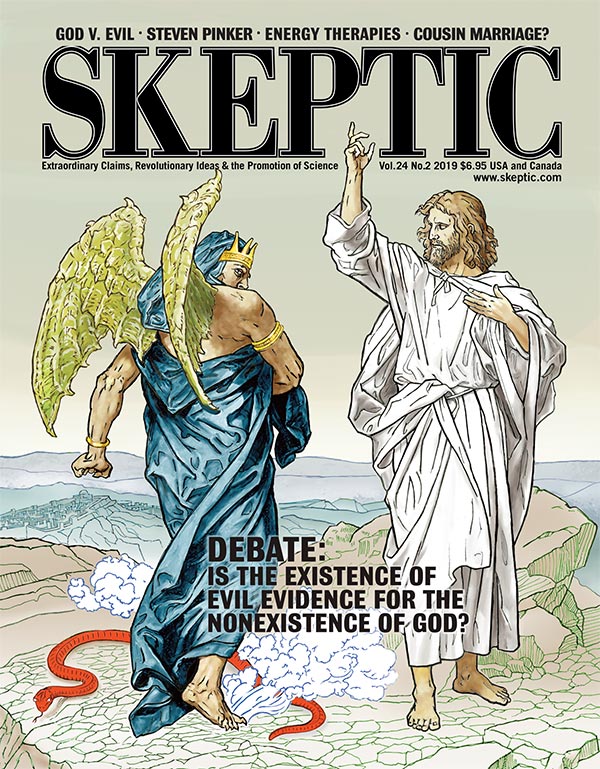
This article appeared in Skeptic magazine 24.2
Buy print edition
Buy digital edition
Subscribe to print edition
Subscribe to digital edition
Well, yes, they damn well better coexist, because if they don’t, we might as well—as one friend of mine put it: “change the Department of Justice to the Department of Vengeance.” A grant to “Start By Believing” takes us a step closer in that wrong direction, and so does the rising mob mentality that targets anyone who defends—personally, publicly, or professionally—a man accused of sexual assault. At Harvard— Harvard!—students protested Ronald S. Sullivan, Jr.’s temerity in joining the defense team for Harvey Weinstein. Sullivan’s status as the first African American faculty dean of a Harvard undergraduate house, Winthrop House, afforded him no protection from student fury. I’m embarrassed on behalf of the school and its students that Sullivan had to write a public letter explaining that defense lawyers are obligated to insure a fair legal process for even the most hated individuals in society, given that the state always has the greater power. Not good enough. Student groups, including the editorial board of the Harvard Crimson, condemned him, with some demanding “he be removed from his position as dean because his decision to be Weinstein’s lawyer made them feel unsafe and posed a conflict with his leadership role in the Winthrop House community.”5
“Made them feel unsafe”? Just wait, God forbid, until they are falsely accused by a mob or an overzealous D.A. howling for their conviction. Let’s see how safe they feel without a good lawyer. And without some skeptics in their corner. ![]()
About the Author
Dr. Carol Tavris is a social psychologist and coauthor, with Elliot Aronson, of Mistakes Were Made (but Not by Me): Why We Justify Foolish Beliefs, Bad Decisions, and Hurtful Acts. Watch the recording of Science Salon # 10 in which Tavris, in a dialogue with Michael Shermer, explores cognitive dissonance and what happens when we make mistakes, cling to outdated attitudes, or mistreat other people. Read I, Too, Am Thinking About Me, Too in which Tavris reminds us that it is more important than ever to tolerate complexity and ask questions that evoke cognitive dissonance whenever a movement is fueled by rage and revenge. Read Please Touch in which Tavris reminds us that the human need for touch is significant.
References
- https://bit.ly/2TUR2c0
- https://bit.ly/2USN7ZU
- Suk Gersen, Jeannie. 2015. “Shutting Down Conversations About Rape at Harvard Law,” The New Yorker, December 11.
- Petrusich, Amanda. 2019. “A Day of Reckoning for Michael Jackson with ‘Leaving Neverland,’” The New Yorker, March 1.
- Suk Gersen, Jeannie. 2019. “Unpopular Speech in a Cold Climate,” The New Yorker, March 14.
This article was published on June 25, 2019.

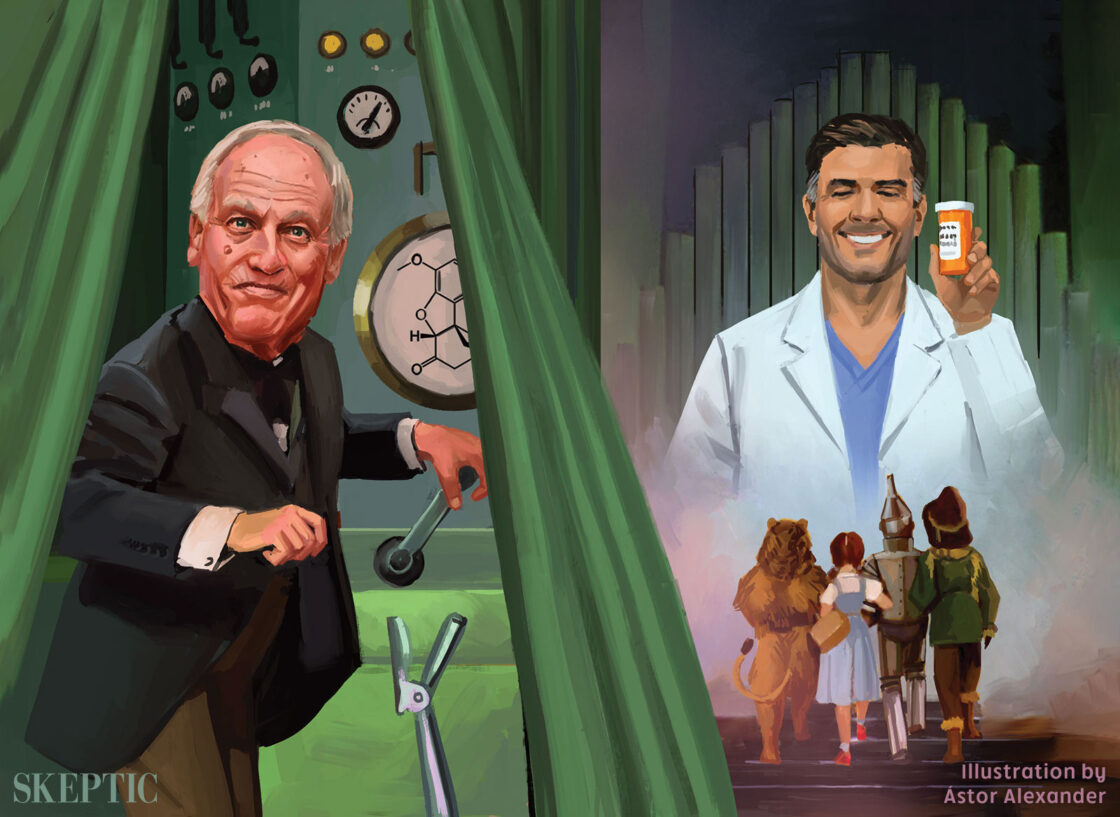
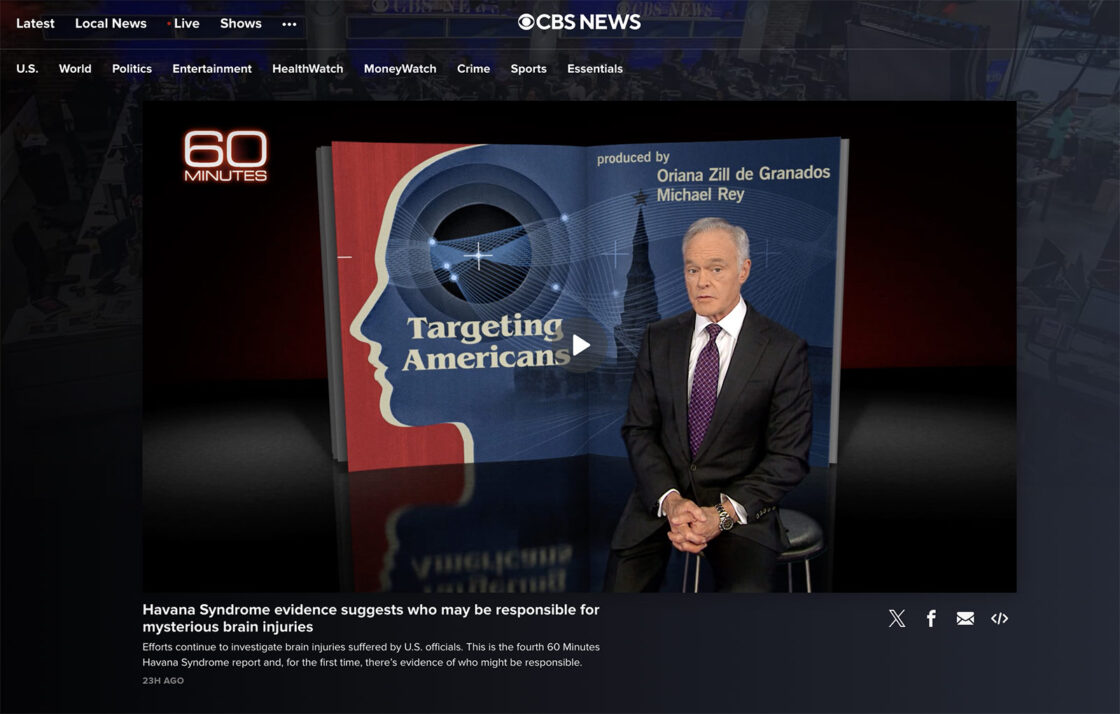
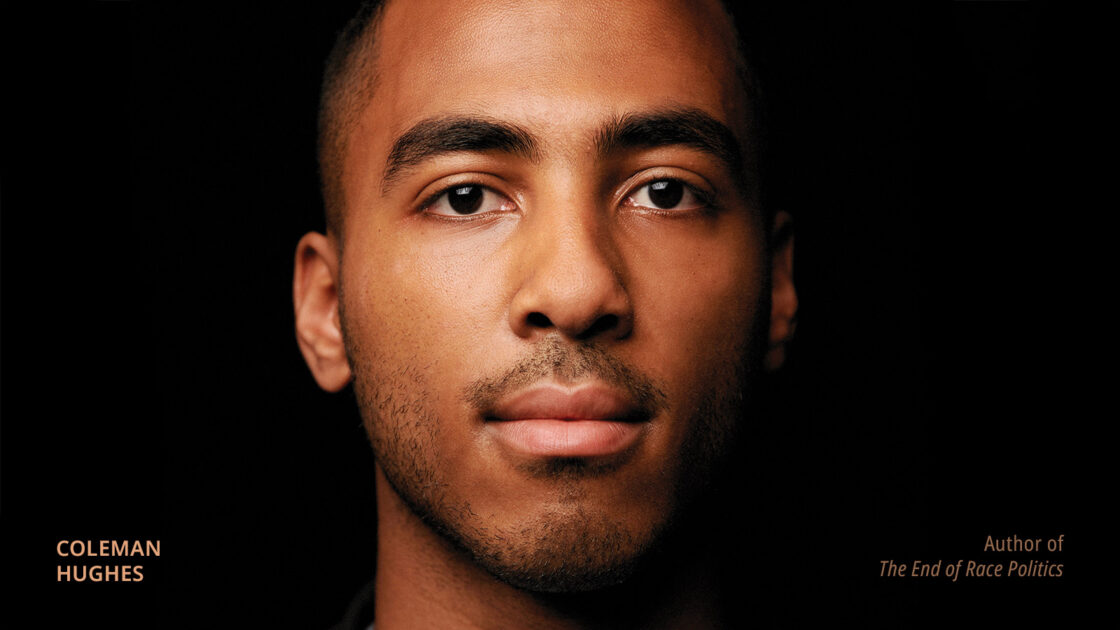

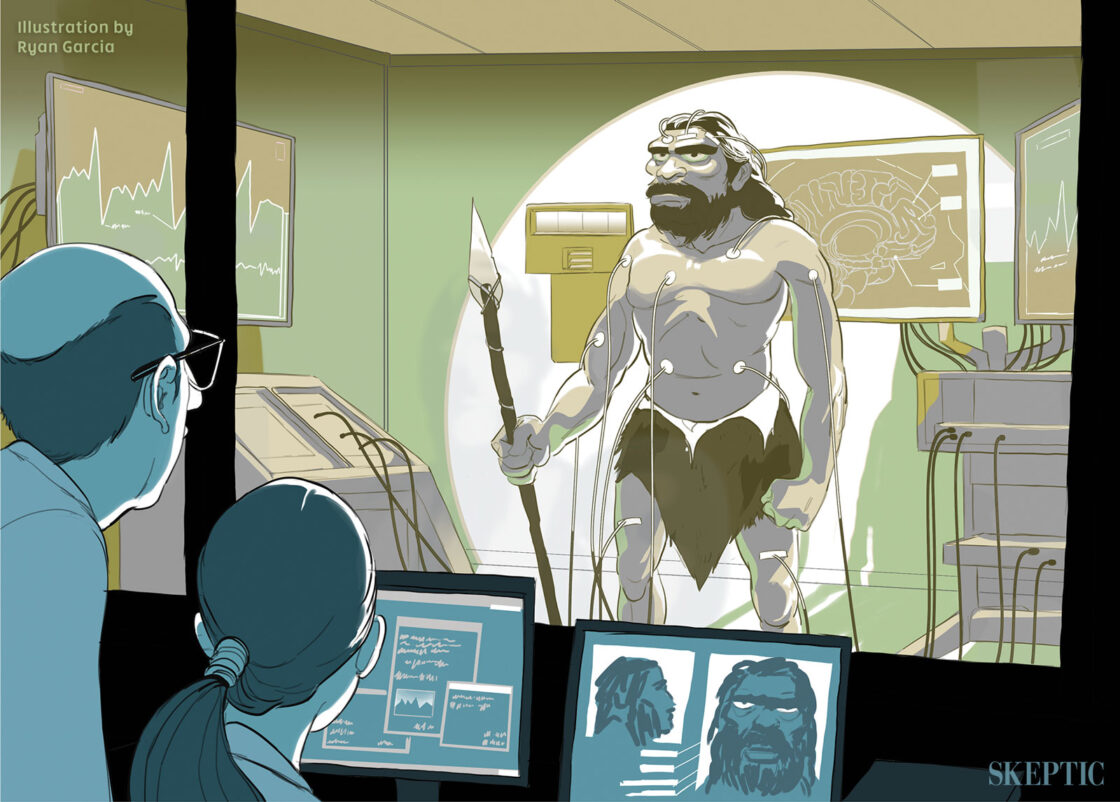
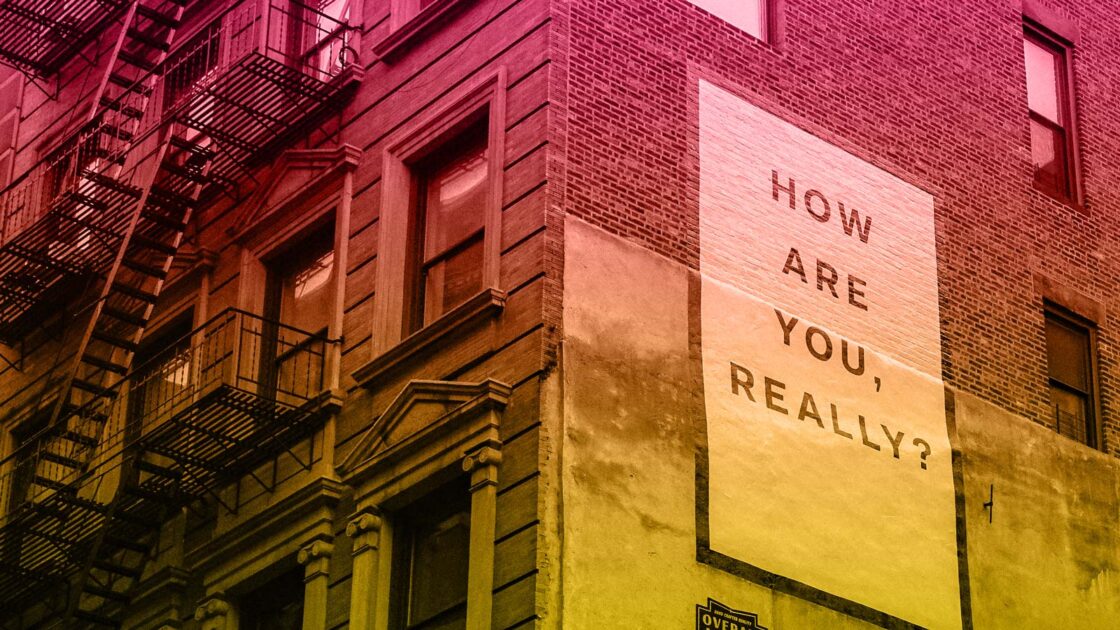
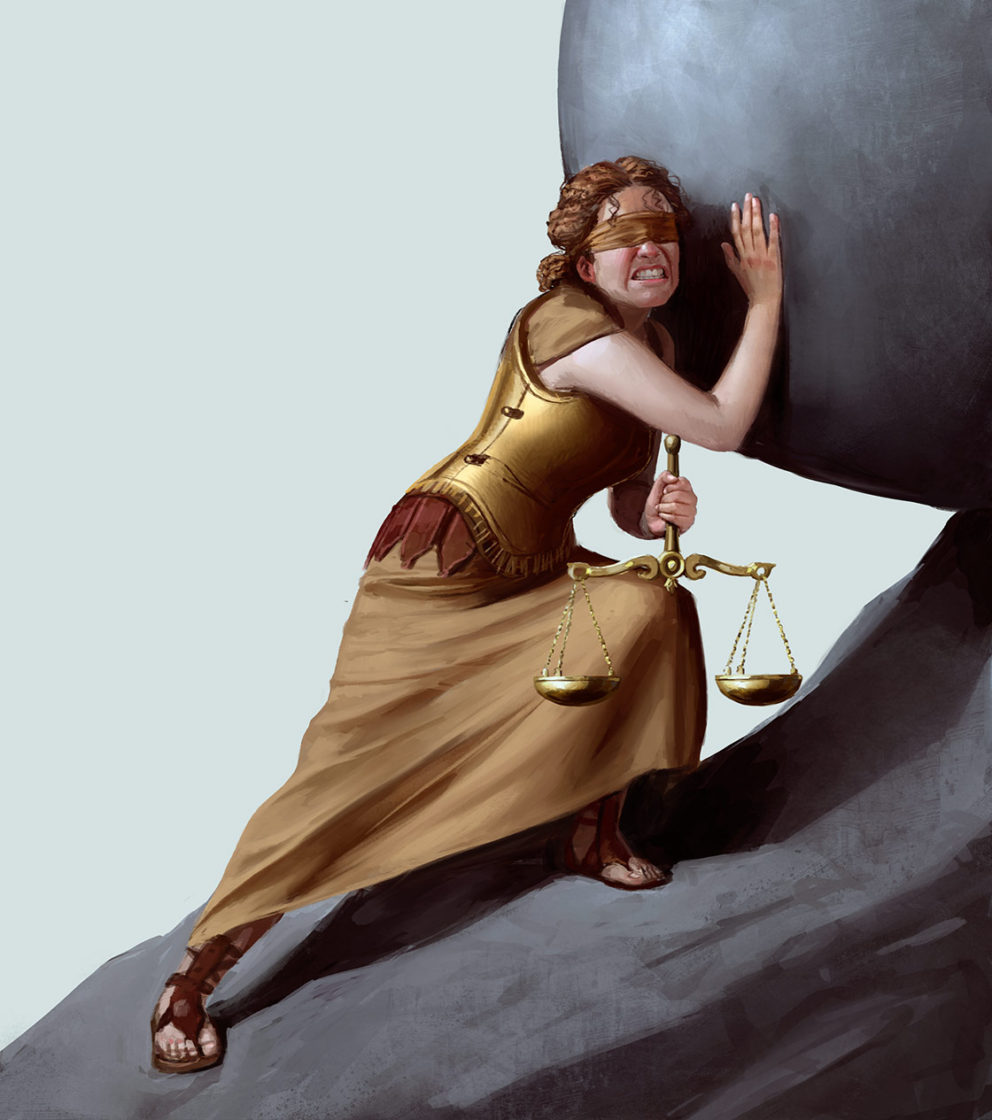










I agree with most of the points here, but I think there’s a fundamental misunderstanding underlying the piece. “Start by believing” doesn’t mean anything like “presumption of guilt”. It means “investigate”.
Consider a case in which someone raises a claim and you don’t believe them. If you don’t believe them, there’s no reason to investigate. You can just ignore the claim. If a middle-aged businessman tells a policeman that he was robbed after taking money out of the ATM, if they don’t believe him, they do nothing. If they believe him, they investigate. Check the ATM log – was money withdrawn in the claimed amount at the claimed time? Does he have a receipt? Are there cameras that might provide evidence supporting his claim? Are there potential witnesses who might have seen something?
“Believe” means “investigate”, not “accuse”.
i read the first paragraph and knew my position. When i divorced my children’s mom and she immediately signed up for welfare i was automatically labelled by the agency as the `non-custodial parent’. Even though i fought for, and won, shared custody, i was always the ‘non-custodial parent’ to this government agency. i have no doubt that, 30 years later, the agency still has that insulting and hurtful bias.
So, although i cheer the work being done to shine light on struggles women still face, many of which are much more than the hell i still feel the burn of, there is no need, nor benefit, in overreaching. Automatically labeling a complainant as a `victim’ is wrong-headed.
Thank you for saying it. These things need to be shouted from the hill tops. In my opinion, we have such a deficit in understanding of our founding, our justice system and so many other key foundational tenants to our great country, the USA, it won’t improve until we restart our education system and end the indoctrination that has replaced it.
To loosely paraphrase, ‘ a democrat will convert to a Republican if one becomes a crime victim. Conversely, a Republican will morph into Democrat when one gets falsely accused.’
Perhaps today that’s untrue as both sides seem to metaphorically and sometimes literally – shoot first and ask questions later.
A well stated article. A problem that has developed over time and increasingly accepted.
What a wonderful article. Beautifully written. Thank you, Ms. Tavris.
There are so many shades that innocent and guilty only work if a crime is clearly delineated. A few days ago, I was a victim – but not really. At the suggestion of my younger family, I climbed rocks in Garden of the Gods and fell off. No one pushed me off – a clear crime. I wasn’t intoxicated when they suggested it – no crime. They laughed at me – embarrassing, but still no crime. If I needed to go to the ER and spend a few thousand dollars, my insurance company would have sued my kids – ( a crime in my opinion but not legally). My point, by analogy is that in all cases I was a (willing) victim but in only one case could there actually be criminality involved. In the others, there could have been had I been impaired.
I would thing the police should consider the accuser a victim and the accused a suspect and collect evidence for and against the complaint. The prosecutors should then consider that evidence, pro and cons, as the complaint moves forward.
Thank you Ms. Tavris for this well reasoned article. I enjoyed it and will point some friends to it.
FWIW: I say “We should believe _provisionally_ that their accusations have _merit_ until we gather evidence enough to determine whether or not they do.”
There appears to be a bias within the Innocence Project, as well. That is a bias common in society at large that holds adopted parents are too well meaning to ever harm their children and should be believed. That bias is exacerbated by the bias that adopted children are potentially “bad seeds”.
The Innocence Project has twice defended parents of adopted children who died terrible deaths. In both cases, the children were diagnosed with the same unrecognized (quack) mental disorder – one that fans the flames of parental fears about adoptees and is associated with brutal therapy and parenting methods.
It is all well and nice to say “Far more people are correctly convicted of murder than are falsely imprisoned for murder, but try telling the Innocence Project lawyers that the numbers of the latter are too small to worry about.”
“Well and nice” applies so long as you are not one of the folks on death row for a crime you did not commit.
Then, somehow the words “well and nice” change to something else. This “all well and nice” illustrates the collective view, but not the view from the individual. Collectivism versus individualism. I pick the individual. As they say, better to let ten guilty men go free than convict one innocent man for there can be no greater injustice than that.